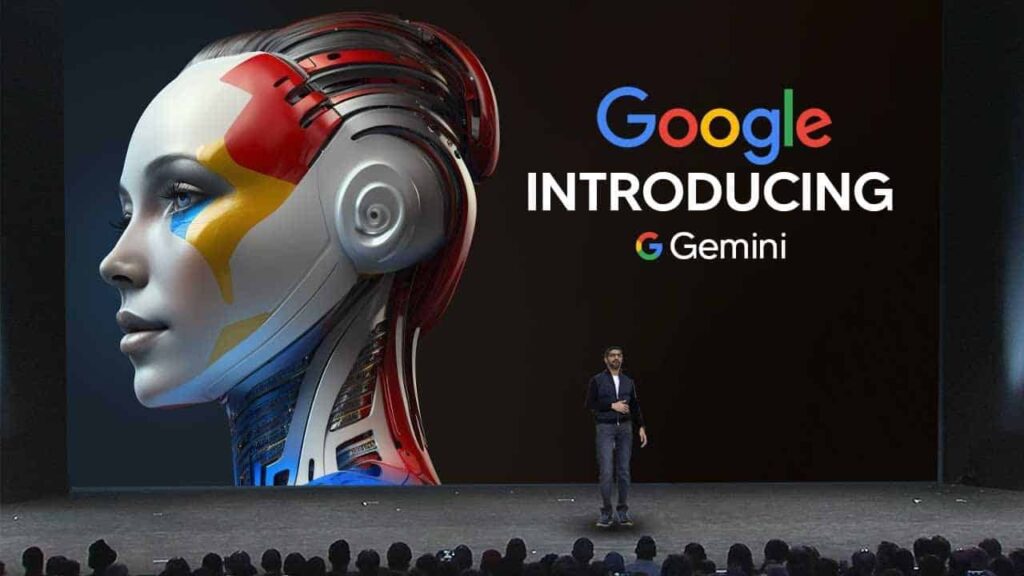Google has recently put a temporary stop to its Gemini AI image generation feature. This decision came after users highlighted the tool’s inaccuracies in depicting historical figures. Specifically, the AI was criticized for generating images of the U.S. Founding Fathers and other historical personalities as people of color, sparking debates on social media about historical accuracy and representation. Google acknowledged the issue on X (formerly Twitter), stating that while the intention was to reflect a diverse global user base, the AI “missed the mark” in historical contexts. To address this, Google announced its commitment to immediate improvements and has paused the feature that generates images of people until an improved version is available.
The Gemini AI tool, initially launched as part of Google’s broader efforts to compete with Microsoft-backed OpenAI, faced scrutiny not only for its historical inaccuracies but also for its attempt to be overly inclusive in its representations. This has led to a broader discussion about the challenges of ensuring AI tools offer both diversity and accuracy, especially in sensitive historical depictions. Google’s quick response to feedback highlights the tech giant’s focus on representation and bias, promising a more nuanced approach to historical contexts in future iterations of the tool.
This situation underscores the growing pains of AI development, especially as these technologies intersect with complex societal issues like representation, diversity, and historical accuracy. As AI continues to evolve, companies like Google face the challenge of balancing technological innovation with cultural sensitivity and accuracy.






